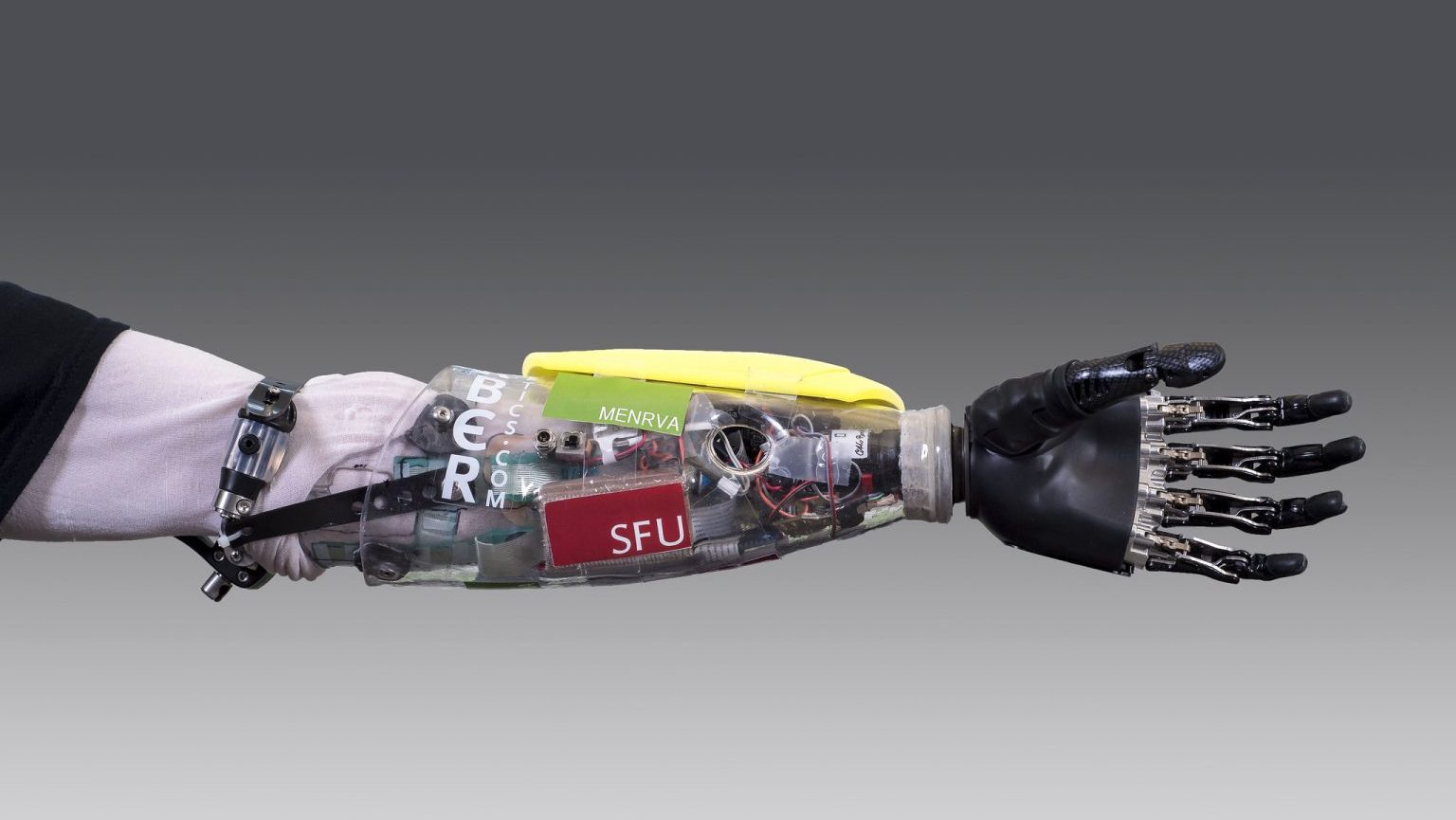Will Swope lets us in on a few of Intel’s developments and diagnoses the technological malaise in the US.
Question: What new technologies are on the horizon at Intel?
Swope: We have a tendency not to talk about unannounced products. So, in that sense, I don’t want to talk about our product plans from what I know of them. We’ve already given a clue in that regard. I do a lot of work in photography and I do my own home stuff with that and I must admit the amount of advances we’ve been able to make on these desktops in the last couple of years has certainly made my personal iPods how to work a lot nicer, and I’m hoping we do more of that and I hope we will continue to work with the industry that does those effects because that is one for my own personal use, that’s one. The other area for me that I think is going to end up being really very exciting is how we deal with communication. So, [well I’m not going to be needing] too much of the technical mumbo-jumbo. There is a new broadcast technology called WiMax which is going to make a huge difference in the economics of serving the world in terms of broadband communication. As I am doing corporate social responsibility, the ability to combine that technology with our thrust in education to these schools around the world, that’s just going to be a [vehicle], right. And that’s one that we’ve worked on for a long time and it’s going to make a difference. So, personally, I’m a photography buff. Professionally, I think how we combine this less expensive basically netbooks and smaller [made] computers with schools with broadband technology, I think it is going to make a real difference in the world.
Question: What is the greatest challenge to technological competitiveness in the US?
Swope: We have gone from producing, you know, we’ve gone from just being the top ranked country in the world and almost all this testing to be in the 20s. If you look, and if you think about that as a leading indicator of the kind of issues that we face going forward as a nation, we, as a nation, have to address that. We have to quit being in denial of the data and we have to say, you know, if we don’t educate our children better, then I promise they will not perform as well as children that are educated better. And it seems so straightforward to us and we put a lot of our personal passion into it and I think every executive in Intel has talked on this forever and there’ll be a place that I would [continue to] say, look at the data. We are being outperformed by the education systems in at least 20 other countries. In the long term, that does not go well for us maintaining leadership.





